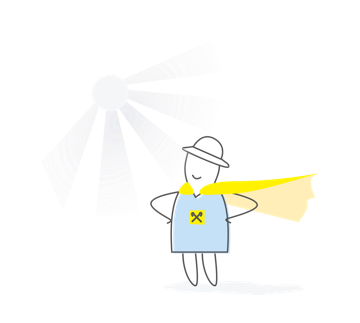No Package: Bio-packaging as an Idea for Business
At the end of last year, the Ukrainian parliament passed a bill banning the use of plastic bags. It is worth noting that the ban on plastic bags is a great opportunity to make money on packaging production from alternative sources. For example, organic packaging.
Bio-packaging is far from new
From now on, plastic bags up to 50 microns thick will not be used in retail chains and restaurants. According to the document, the ban will finally enter into force in 2022, and the fine for violating the rules will be more than 20 thousand UAH. In general, the law is designed to support the worldwide commitment to the use of biodegradable materials, as well as reduce the negative impact on the environment. In the long run, the country plans to completely abandon plastic containers.Today, many packaging concepts made from natural materials are already used in the world. The demand for the need to replace plastic has spawned many research developments around the world, including Ukrainian startups.
From organic to waste
One of the most popular types of plastic substitute is packaging from cereal waste, like polylactide acid. It is used to make beverage packs and food containers. An additional component in this method is the roots of mushrooms, or mycelium. It is noteworthy that by combining mycelium with oilcake from cereals, the packaging can literally be "grown".
In Asian countries, fishing for packaging made of palm leaves is in full swing. Their size, strength and flexibility make it possible to pack almost any product. A London-based startup has proposed the use of a biopolymer of chitin contained in mollusk shells. According to a similar principle, waste coffee is recycled. Coffee grounds are dried and mixed with plant fibers, natural resins and beech seeds. The product is formed by heating under pressure.
Bagasse is a by-product of sugarcane processing. Due to the stickiness and flexibility of the material, it can be easily molded into packaging similar to polystyrene. But unlike polystyrene, bagasse is more durable and can easily be used as a container for food.
It's hard to believe, but the packaging is made of stone. The so-called stone paper is a paper-like material made from calcium carbonate and low-pressure polyethylene HDPE.
Big potential
It is worth noting that many developments in the field of replacing plastic - namely Ukrainian developers. Effa has already gained worldwide fame by winning the European Eco-Startup Competition with a biodegradable hygiene and packaging project. Their products are made from a mixture of corn starch and pressed pulp.Ukrainians have many similar ideas. The public organization Greencubator is working on their presentation and search for investors. The organization brings together talented ideas in the field of ecology and promotes small "green" entrepreneurs.
Ukrainian example
In Ukraine, bio-packaging production began relatively recently - a year or two ago. In particular, it was small companies that promoted their ideas mainly through social networks. The niche is gradually growing, and competition is already beginning to take shape. It is noteworthy that foreign companies, mainly from Poland, are gradually entering the Ukrainian market.
We also manufacture decomposable disposable tableware, containers, beverage tubes, food containers, etc. The main consumer for such goods is street food and fast food establishments. With the growth of the movement of eco-active people, the demand for biodegradable packaging will increase. For example, the production of eco-dishes in Ukraine is carried out by Solomka, Amelon, Yes Straws and others. Their products are made from cane, rye, starch, corn, which are completely decomposed into compost within a few weeks. They deliver eco-dishes directly to coffee houses, restaurants and private companies.
Other representatives are making options for green bags. For example, the companies “Dobra Torba” and Rebag, an environmental project of the public organization Rethink, are engaged in the production and popularization of the culture of consumption of eco-bags from natural materials. SVOYA TARA, in addition to handbags and backpacks made of durable fabric, produces reusable shoe covers.















